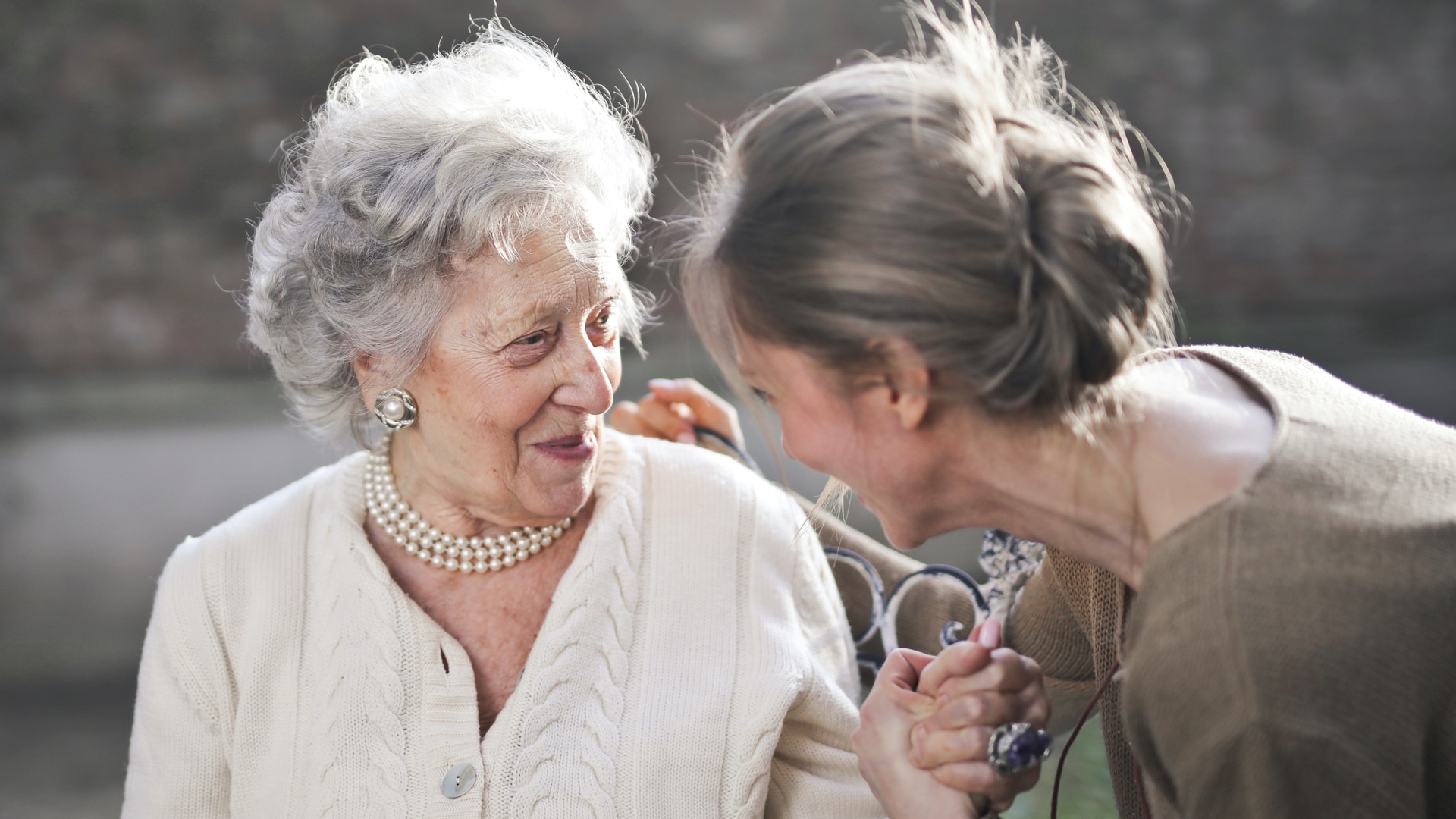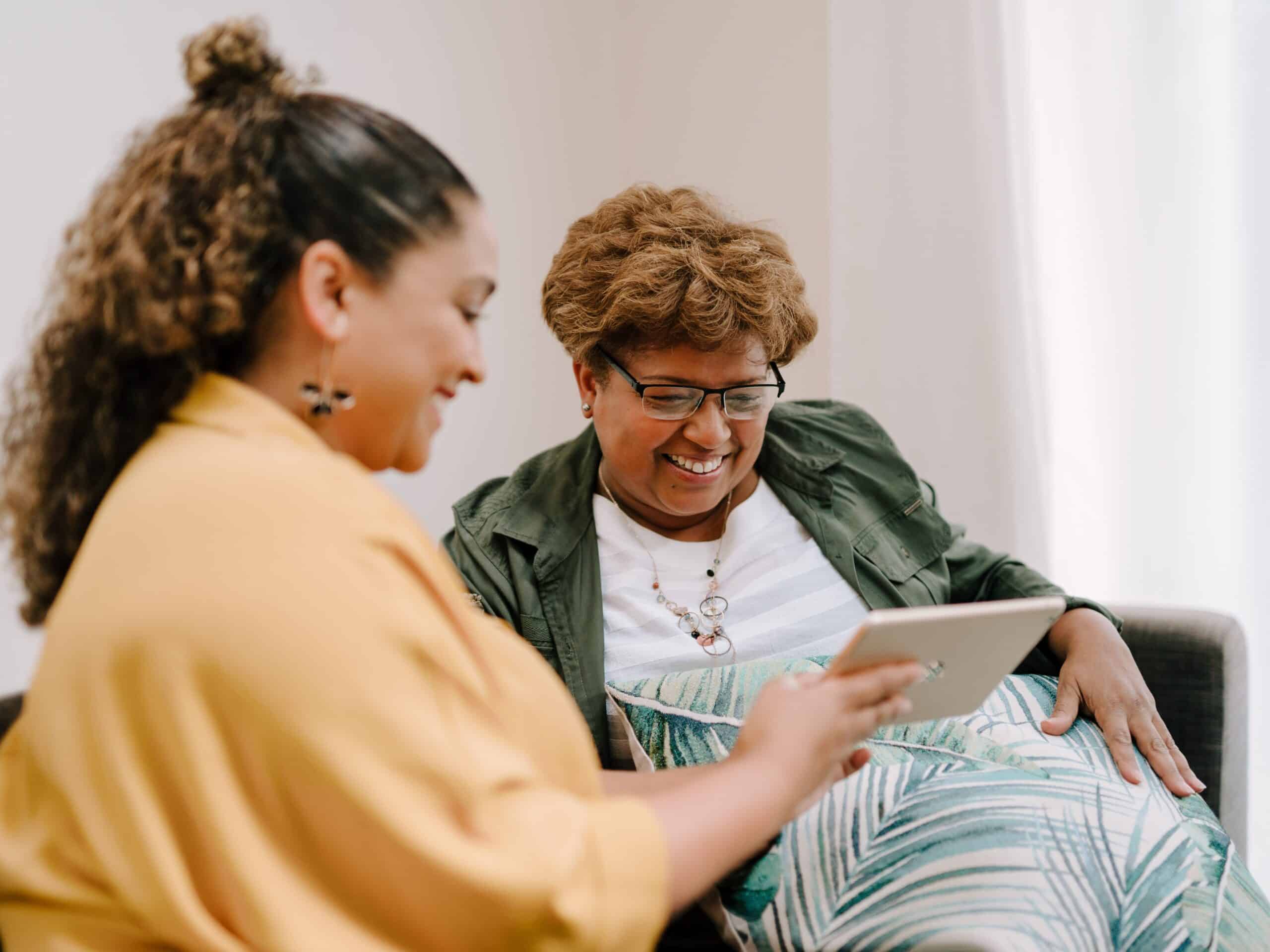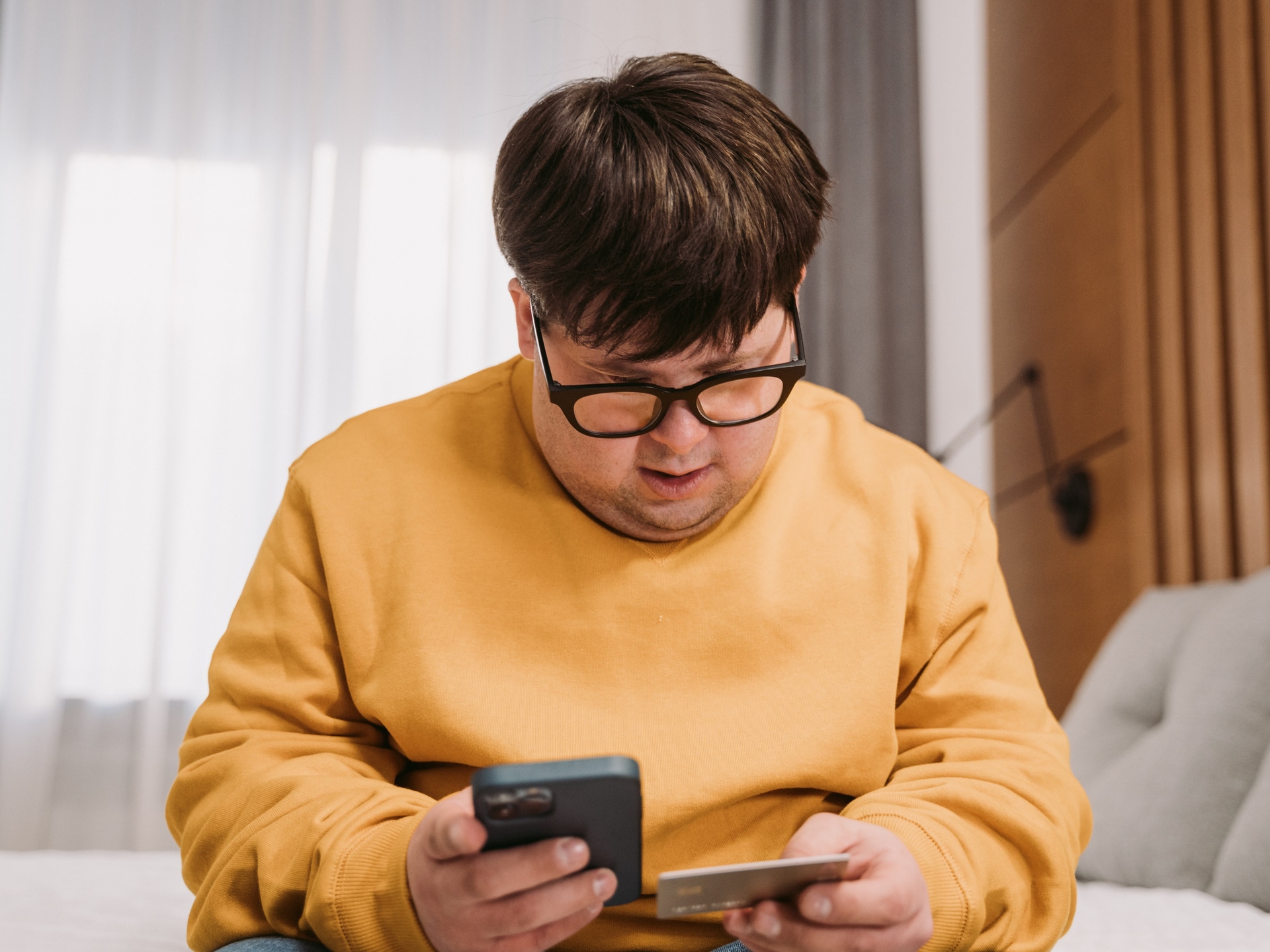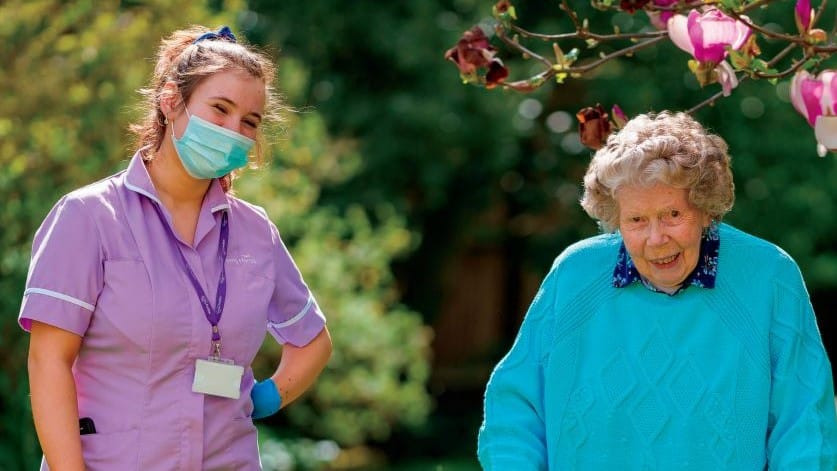Dementia Care Technology
Dementia and assistive technology: what to know
Assistive technology for dementia is made to do just that – assist people who need it most.
Assistive technology can help people with dementia by providing various electronic and digital products that can support their daily lives and help with everyday tasks. Dementia is a degenerative disease that affects the brain and can come in many different forms. It is caused by abnormal changes to the neurons in the brain and usually affects memory, along with other senses. Therefore, people living with dementia may find simple tasks more difficult as their condition progresses and often need support to be able to live life to the best quality they can. Assistive technology is a modern way to assist in daily tasks for someone with dementia and can even help with medication administration and mobility. Take a look at some examples of assistive technology below.

Voice Alerts
Smartphones can detect our voices which allow us to give commands. Devices can set reminders, turn lights on or off, and play music. This can reduce the struggle with finding hard-to-see buttons and controls that might be difficult due to dementia.
Pill Organisers
The organisation of your medication is important, and some pill boxes come with an automatic opening system. These can have a ‘day of each week’ section and can help people with dementia if they have trouble identifying pills from one another.
GPS Trackers
A GPS tracker on a watch or phone can be helpful for someone living with dementia. Dementia often confuses and can cause a person to become lost and disorientated. A GPS tracker means that carers can easily find you and bring you back to safety.
Overflow Plugs
These plugs automatically drain water from the sink or bathtub when it reaches a certain level and prevents flooding. It can also change colour to indicate when the water is too hot or cold which can be helpful for those with dementia with sight issues.
Motion Sensor Lights
People with dementia can often become lost and disorientated within their own homes. Thankfully, these inexpensive motion sensor lights can automatically turn on whenever movement is detected, making it easier for people to see where they’re going if lost.
Easily Visible Devices
Certain everyday devices can be hard to see for someone with dementia due to sight limitations and potential confusion. Owning assistive devices such as dementia clocks have clearly visible displays and speak aloud the day, date and time of day.
What role does technology play within dementia care?

Assistive technology is designed to assist and support people with dementia, as well as their caregivers.
Assistive technology can support symptoms of dementia, help maintain independence and even contribute to keeping someone with dementia safe. Dementia care technology over the past decade has provided potential benefits in not only relieving the caregiver of caring for a loved one with dementia but also enabling individuals with dementia to retain independence and do more things for themselves. Assistive technology can help keep people safe with dementia telecare like GPS trackers, mobility support and medical emergency systems that alert a caregiver.
Other examples of assistive technology include:
Toilet aids
Perching stools
Radar keys
Adjustable beds
Screen readers
One-button tablets
What benefits does assistive technology for people with dementia provide?
With the help of modern-day technology, we can now support the day-to-day life of someone who needs an extra hand.

There are many benefits to assistive technology for people with dementia. It can help with:
Memory problems
Communication, speech and hearing
Mobility
Keeping safe inside and outside the home
Independence and self-confidence
Sensory aid to improve mood
Cognitive thinking
Planning and carrying out tasks
Socialising
Memory support
Devices that can help prompt memory can be useful to carry out day-to-day tasks like dressing and toileting. Smart devices like Amazon Echo, Google Home, and Apple HomePod can help with memory problems by being voice-activated and can notify reminders. They can switch a TV channel or add products to your online shopping basket. Please note that you will need Wi-Fi in your home.
Prompts independence
Some devices can aid in movement like walking and sitting. Stairlifts can help provide an alternative to staircases if someone is less mobile. Recliner chairs also can help someone to sit or stand, as well as bed hand blocks which people can use to push themselves up in bed. The ability to move more freely can help retain more independence and make one less reliant on carers for simple physical tasks day-to-day.
Cognitive simulation
Dementia and assistive technology can work well together to prompt cognitive stimulation with simple games, puzzles, memory challenges or visual stimulants. It can also increase independence, enjoyment and communication skills. Jigsaws, paint-by-numbers, word searches and crosswords can all stimulate good cognitive thinking and can be soothing to people with dementia.
Social engagement
Adapted landlines and mobile phones can be programmed with common numbers like family and the GP and have large, visible buttons. Some apps have been developed such as the ‘Talking Mats’ app which can promote interaction by selecting different symbols. Devices including radios and music players can increase social skills, as well as sensory cushions and digital photo frames to prompt memories of loved ones.
Where can I get dementia assistive technology
There are some different ways of obtaining assistance technology. Here are the main three:
Dementia care at Helping Hands
We are trained to support people with dementia using the best practices to retain a healthy and happy life.
At Helping Hands, we offer bespoke live-in care, visiting and respite care for you and your unique needs. Our dementia care is headed by our wonderful carers who come with a wealth of experience, qualifications and training, with a genuine passion for helping others. They can help with personal, mobility and emergency care, among many others. With our dementia care, rest assured that you will be in the best hands possible – Helping Hands.
